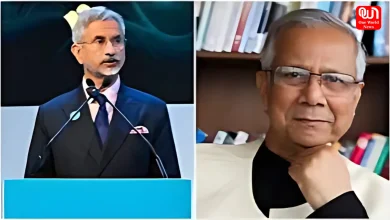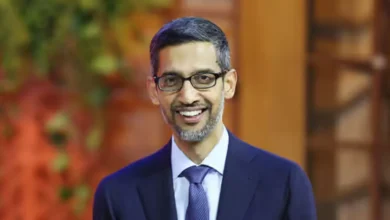Why liquor shops mean a lot to state governments?

Long before centre allowed the liquor shops to reopen, state governments were requesting for it
Some striking images surfaced on Monday showing long queues outside liquor shops all across the nation. This happened because the shops were re-opened after 40 days following the easing of restrictions by the central government. By evening, the Delhi government announced a 70 per cent hike in the price of liquor across categories in the capital from Tuesday.
The special corona fee of New Delhi government specifies the importance of liquor to the economy of the states. Sale and manufacture of liquor are one of the major sources of their revenue. The reopening of these shops has come at a time when the state governments across the country are struggling to fill their coffers amid the chaos caused by the lockdown.
Read more: Migrant Workers still confused over ‘Train Fare’: Politics in crisis will fail us as a Nation
Why various state governments wanted to reopen liquor shops so badly?
Liquor contributes to a considerable amount in the exchequers of all the state governments except Bihar and Gujrat (liquor is banned). Mostly, states and UTs impose excise duty on sale and manufacture of liquor. Some states such as Tamil Nadu also levy VAT (value-added tax). They also charge special fees on imported foreign liquors in the form of label & brand registration charges and transport fee. Uttar Pradesh government has levy special duty on liquor to collect funds for special purposes, like maintenance of stray cattle.
RBI report published in September 2019 shows that the excise duty imposed on alcohol accounts for 10 to 15 per cent of the Own Tax Revenue of the majority of states. Notably, state excise duty on liquor is the 2nd or 3rd largest contributor to the State’s Own Tax revenue. GST (Goods and Services Tax), earlier known as sales taxi is the largest. This is the primary reason why various state governments wanted the central government to reopen the liquor shops.
Read more: Can government force you to download Aarogya Setu App: Is there any threat to your privacy?
How much the states earn?
According to the RBI report, in the financial year 2019-20, a sum of Rs 1,75, 501.42 crore was budgeted from the excise duty on liquor in 29 states and the UTs, Delhi and Puducherry. It was 16 per cent more than what they earned in 2018-19, Rs 1,50,657.95 crore.
On average, a state earned Rs 15,000 crore per month in 2019-20, which was Rs 12,500 crore in 2018-19. The revenue from excise duty on liquor was expected to grow in the year 2020-21 but due to the coronavirus, it doesn’t seem likely.
UP government collected a monthly average amount of Rs 2,500 crore from the liquor in 2019-20 financial year. A top official had said that they were expecting the amount to increase to Rs 3,000 crore in the current financial year.
Have a news story, an interesting write-up or simply a suggestion? Write to us at info@oneworldnews.com







